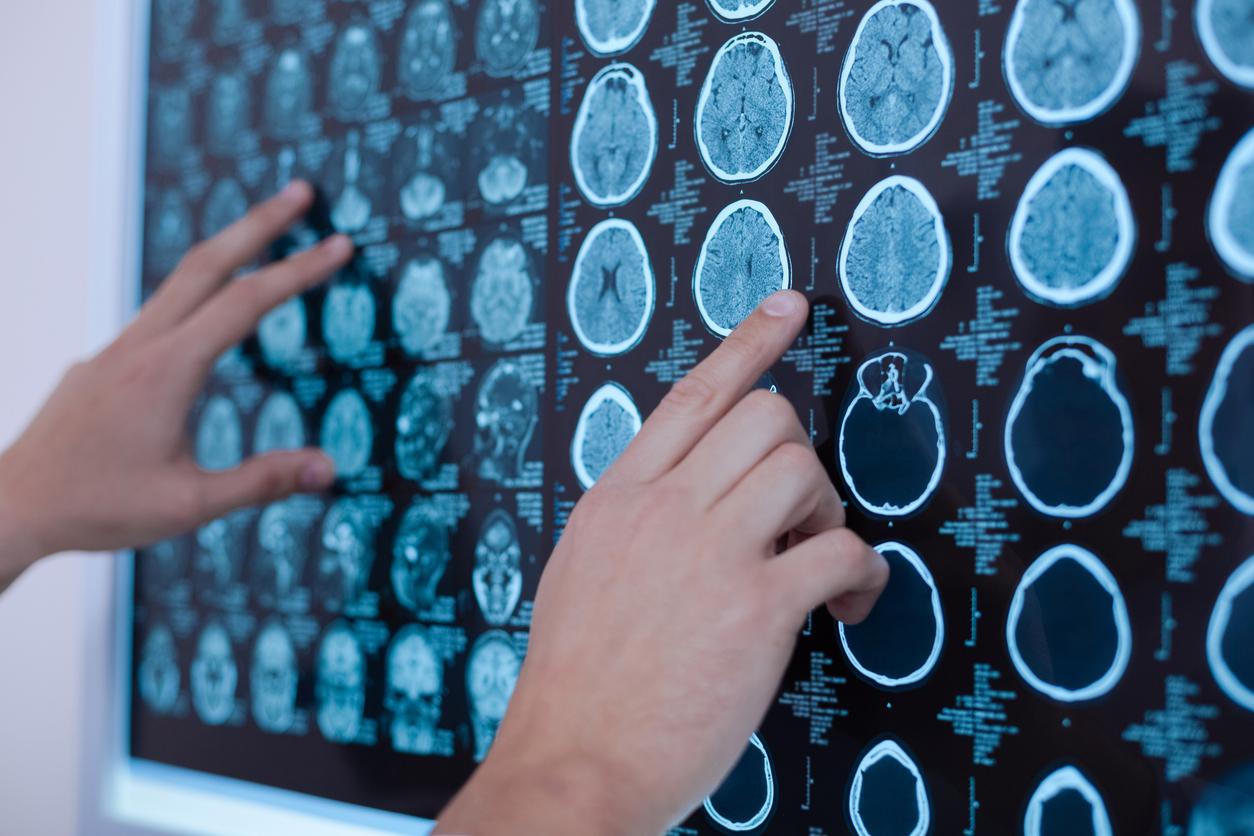This spectacular increase is linked to changes in lifestyles, in particular smoking and poor diet.

- The increase in the number of cases is on average each year 1.5% in men and 3% in women
- Those under 50 see improved survival rates because they are more receptive to aggressive treatments
- Esophageal cancer is responsible for 500,000 deaths worldwide each year.
This could be a direct consequence of smoking, poor diet and lack of physical exercise: the cases of adenocarcinoma of the esophagus have increased dramatically over the last thirty years in people under 50 years of age. This is revealed by a study conducted in the Netherlands on nearly 60,000 patients presented during the week of the UEG United European Gastroenterology). This increase is on average 1.5% each year for men and 3% for women.
Esophageal cancer is a very serious disease responsible for 500,000 deaths every year worldwide and the seventh most common cancer. There are two types of this disease, esophageal adenocarcinoma, which is linked to obesity and gastroesophageal reflux, and esophageal squamous cell carcinoma, which is mainly linked to the consumption of alcohol and tobacco.
People under 50 respond more to treatment
“Risk factor rates have all increased in young adults over the past 30 years,” said Ali Al-Kaabi, lead author of the study and researcher at Nijmegen Medical Center in the Netherlands. And the worst thing about this evolution of the prevalence of this disease is that patients under 50, those in whom the increase in cases is the strongest, is that the latter are more likely to be diagnosed at a incurable stage than those aged 50 to 74 or older. On the other hand, the under 50s react more to treatments and their relative survival increases compared to that of the oldest patients. This five-year survival rate is 99% when patients are treated at an early stage but drops to 46% for patients classified as “potentially curable” and 32% in incurable patients. “The survival gap is widening compared to older adults and this may reflect that younger patients are more likely to be treated more aggressively with multiple treatments, chemotherapy and surgery that help cure or to prolong the life of the patient”, specifies Ali Al-Kaabi.
Esophageal cancer is all the more difficult to treat as its diagnosis can be delayed because of symptoms – swallowing problems, nausea, heartburn or indigestion – which are difficult to spot and which can be confused with other gastrointestinal symptoms.


.

















